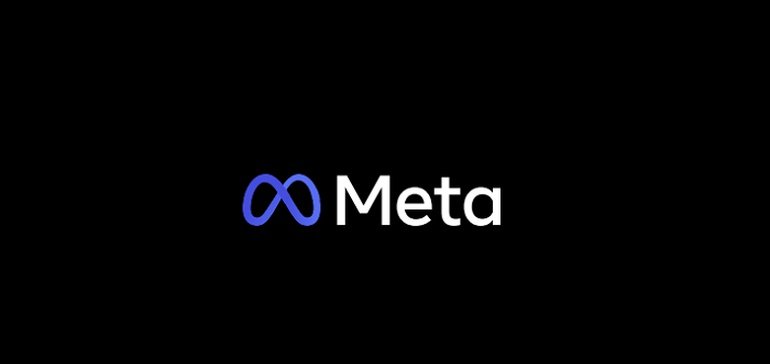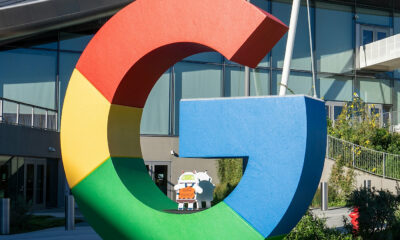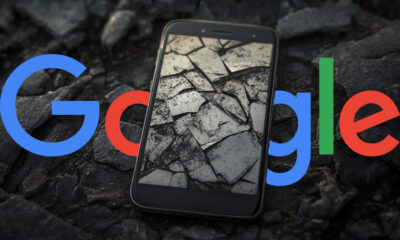SOCIAL
New Reports Show that Meta is Working with political Activists to Seed Concerns About TikTok

If you had any doubts about the level of threat that TikTok poses to Facebook, this might help to solidify your thinking.
Today, in news that’s both surprising and not at the same time, The Washington Post has reported that Facebook and Instagram’s parent company Meta hired political campaigning group Targeted Victory to run a smear campaign designed to sway public opinion against the increasingly popular short-form video app.
As per the report:
“Targeted Victory [was hired to] “get the message out that while Meta is the current punching bag, TikTok is the real threat, especially as a foreign-owned app that is #1 in sharing data that young teens are using.”
Meta’s been working with Targeted Victory to seed questions about TikTok, largely via local news outlets across the US. Those efforts have seemingly included inventing harmful trends via challenges and memes, in order to amplify backlash against the app.
“In October, Targeted Victory worked to spread rumors of the ‘Slap a Teacher TikTok Challenge’ in local news, touting a local news report on the alleged challenge in Hawaii. In reality, no such challenge existed on TikTok.”
As you may recall, TikTok was actually forced to take stronger action against harmful challenges late last year, after reports of injuries and harm sustained by users taking part in the same.
Now, you have to wonder whether those reports were even real, and what influence TikTok actually had on such.
The revelations that Meta is looking to smear TikTok are significant – and it’s worth noting that Meta hasn’t denied the Post’s claims. But they’re also fairly in line with what we know of Meta’s past actions to influence backlash against the short-form video app.
In late 2019, for example, as per another report from WSJ, Meta CEO Mark Zuckerberg held various meetings with US politicians, in which he sought to emphasize concerns about TikTok’s links to the Chinese Government. Zuckerberg met with several senators, in which he pointed out TikTok’s obligations and connections, while Zuckerberg also made the same case to then US President Donald Trump during a private dinner, reiterating the threat that Chinese internet companies pose to American businesses.
Zuckerberg’s various meetings were held in October 2019, and a month later, the US Government announced a national security investigation into TikTok, which eventually resulted in the failed attempt by the Trump Administration to force TikTok into US ownership.
Given that we know that Meta has sought to emphasize such concerns before, and that Meta has worked with Targeted Victory in the past as well, it’s no real surprise to find that it’s looking to stoke concerns about TikTok in this way again.
But still, it is a concern. Should a private company be acting like a political entity, in seeking to use influence operations to stifle a potential competitor – especially a company with the capacity to influence on the scale that Meta can via its apps?
No doubt this will form another element of the ongoing antitrust cases against Meta, which are specifically focused on its acquisitions of Instagram and WhatsApp – though the additional evidence of how it seeks to crush its competition will still be permissible in evidence.
But are we surprised, really? Meta has a history of seeking to kill off competitors, either by acquisition or by market force.
As Snap CEO Evan Spiegel recalled of his meeting with Zuckerberg in 2013, in which he rejected Meta’s $3 billion takeover offer for his rising app:
“Zuckerberg flew to Spiegel’s hometown, Los Angeles, arranging for a private apartment to host the secret sit-down. When Spiegel showed up with his cofounder Bobby Murphy, who serves as Snapchat’s chief technology officer, Zuckerberg had a specific agenda ready. He tried to draw out the partners’ vision for Snapchat – and he described Facebook’s new product, Poke, a mobile app for sharing photos and making them disappear. It would debut in a matter of days. And in case there was any nuance missed, Zuckerberg would soon change the large sign outside its Silicon Valley campus from its iconic thumbs-up “like” symbol to the Poke icon. Remembers Spiegel: “It was basically like, ‘We’re going to crush you.’”
This is part of Zuckerberg’s DNA, which inherently makes it a part of Meta’s make-up. Meta will seek to win out, in any way it can, and if that means quashing a rival through targeted PR, so be it.
But what can be done about it? It’s not illegal for Meta to campaign in this way – and as noted, Meta’s response to this latest story was to basically dismiss concerns, saying that TikTok should be willing to face a level of scrutiny in line with its success.
Again, this is an element for the various antitrust investigations to consider. But a surprise? Hardly



















You must be logged in to post a comment Login